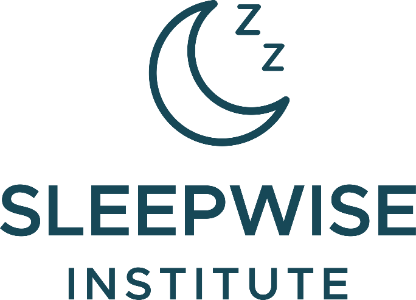How Many Hours of Sleep Do You Really Need?
May 21, 2025
You’ve heard that “eight hours” is the golden rule. But is that true for everyone? And what happens if you regularly get less?
Let’s clear up the confusion with science-backed insights into how much sleep you actually need—based on your age, biology, and daily habits.
📊 Recommended Sleep by Age
| Age Group | Recommended Hours per Night |
|---|---|
| Newborns (0–3 mo) | 14–17 hours |
| Infants (4–12 mo) | 12–16 hours (incl. naps) |
| Toddlers (1–2 y) | 11–14 hours |
| Children (3–5 y) | 10–13 hours |
| Teens (13–18 y) | 8–10 hours |
| Adults (18–64 y) | 7–9 hours |
| Older adults (65+) | 7–8 hours |
🧠 What Happens When You Don’t Sleep Enough?
Even mild sleep deprivation affects your body and mind. Studies show:
- Your focus and memory drop after just one poor night.
- Long-term lack of sleep doubles your risk of heart disease.
- Sleep-deprived individuals are more likely to overeat and gain weight.
- Chronic short sleep is linked to depression, anxiety, and early death.
It’s not just about how much sleep, but also how good that sleep is.
💤 So, How Do You Know If You’re Getting Enough?
Here are signs you may not be getting adequate sleep:
- You need caffeine to function before 10 a.m.
- You fall asleep within minutes of hitting the pillow.
- You wake up groggy, even after 7–8 hours.
- You feel foggy or sleepy in the afternoon.
✅ Actionable Tip
Start by tracking your natural sleep needs for 1–2 weeks. Go to bed at the same time every night without an alarm and see when you naturally wake up. Your body knows what it needs.
And remember: quality + consistency = real recovery.
Want to take the first real step toward better sleep?
Join The Sleep Reset System - our proven, science-backed program to change your nights and your life.
Stay in the loop with sleep insights that matter
Sign up to receive evidence-based tips, free tools, and first access to new resources from the SleepWise team.
We hate SPAM. We will never sell your information, for any reason.

